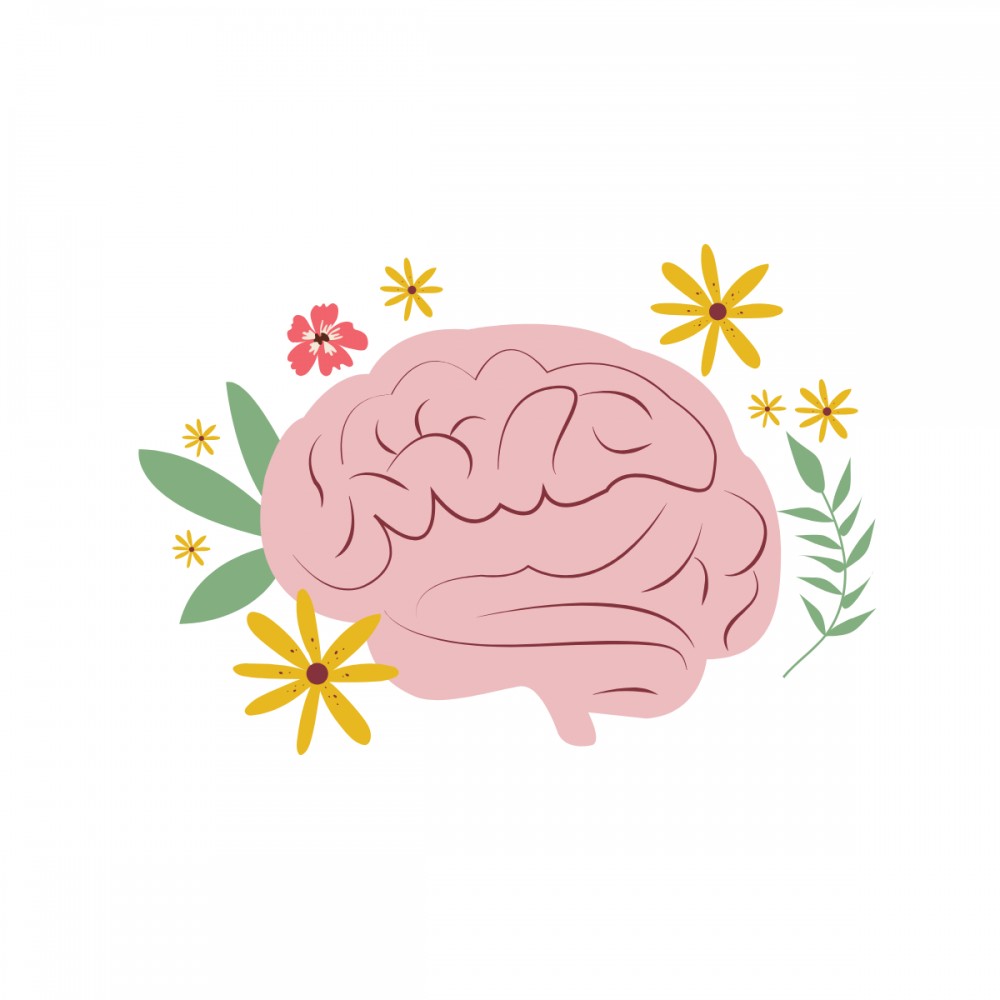As the days get darker and colder, some of us may feel our mood or energy levels decrease. It’s normal to miss the warm weather and extra time spent outdoors with friends and whānau – but our biology can also play a part. Less exposure to sunlight can throw off our body clocks (which help regulate our mood, sleep, and appetite), causing our brains to produce more melatonin (a sleep hormone) and release less serotonin (a brain chemical that lifts mood).
If low mood in winter is significantly negatively impacting your daily life, you may be experiencing depression – specifically, seasonal affective disorder (SAD), a type of depression influenced by the seasons. SAD can also exacerbate other mental health conditions you may already experience. If this sounds like you, please reach out to your GP for guidance.

There are actions we can all take to care for our mental wellbeing during the colder months, set out below.

Reframing our winter mindset
In Northern Norway, where the winter days can be as short as three hours, locals sustain their mental wellbeing by seeing winter as a challenge rather than a threat. By viewing shorter days as something that they can work through rather than something that will knock them back, they focus on building personal resilience. This mindset can be helpful in many areas in our lives where we are facing challenges.
In te ao Māori, winter is a time for rest, reflection and nourishment. It's a season of stillness, so it makes sense to slow down and be gentle with ourselves. Winter is also when Matariki (the Māori New Year) takes place, a celebration that invites us to reflect on the past and plan for the future.
Planning a winter routine
Routine can help us to consistently practice habits that uplift our mental wellbeing. Having a routine helps our brains to feel more relaxed and in control.


